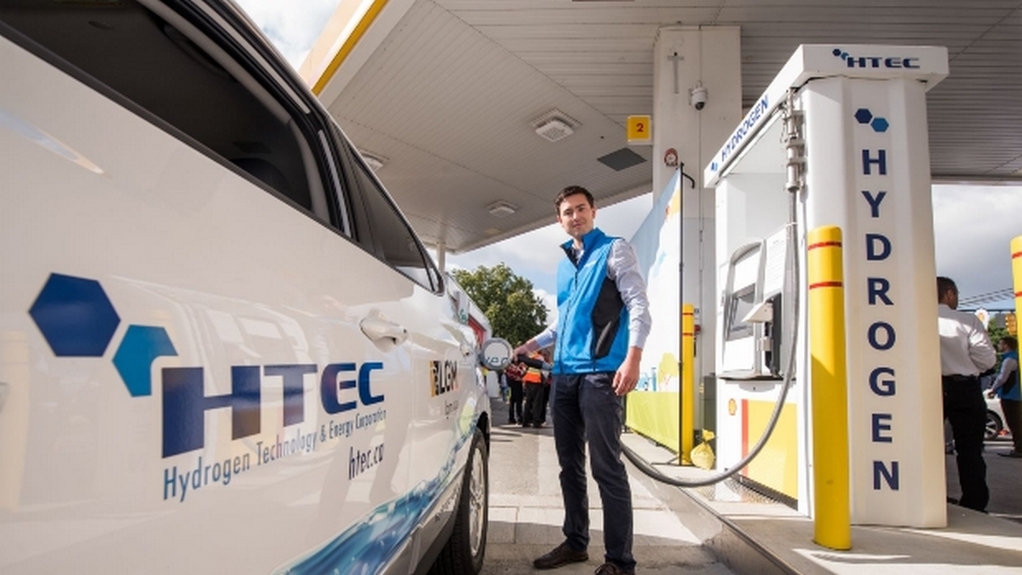The German carrier Stadtwerke Aschaffenburg Verkehrs GmbH has opted for 12 Solaris hydrogen buses: 10 Urbino 12 hydrogen and 2 Urbino 18 hydrogen units. This is Solaris’s first order for the 18-meter hydrogen-powered buses that were launched in autumn last year.
The ordered buses will roll out onto the streets of this German city as soon as 2024.
The hydrogen is stored in gaseous form in tanks, mounted on the front part of the vehicle’s roof. The Urbino 12 hydrogen units will be equipped with a 70 kW set of fuel cells, while the Urbino 18 hydrogen buses will feature a 100 kW fuel cell module. At moments of increased electricity demand, the fuel cell will be boosted by a Solaris High Power battery, or two of them, depending on the bus length, each with a capacity of 30 kWh.
As standard, the vehicle’s interior will feature air conditioning, cameras monitoring the passenger compartment and the immediate vicinity of the bus, as well as an advanced passenger communication system. With an automatic passenger counting system, the driver will always be kept informed as to the number of passengers currently onboard.
A spacious area for the simultaneous transport of a wheelchair and a pram/pushchair or a bike has also been envisaged. Moreover, the vehicles will boast USB ports to recharge mobile devices.
In addition, the buses destined for Aschaffenburg will be equipped with advanced systems, such as cameras in lieu of mirrors or the MobileEye Shield+ system, which alerts the driver every time an unexpected object is detected in the vicinity of the bus. Continuous servicing of the vehicles will be provided by eSConnect, a bus fleet monitoring and management system designed by Solaris.
Since its launch in autumn 2022, the Urbino 18 hydrogen model has seen growing interest across the European market. As for Solaris Urbino 12 hydrogen buses, out of more than 200 units ordered to-date, 100 vehicles already ply routes in cities including Bolzano in Italy, Cologne and Wuppertal in Germany, in the province of South Holland in the Netherlands, and in the city of Konin in Poland.
Tags: Buses, Hydrogen, Stadtwerke



Recent Posts
GCMD Publishes Insights from Landmark Ammonia Transfer Trial Off Western Australia
GEODIS Releases 2024 Activity and Sustainability Report, Reaffirms Climate Commitment
Strengthening India-Norway maritime ties at Nor-Shipping 2025
Magenta Mobility appoints Nand Kumar Sharma to lead charging infrastructure & projects
CMA CGM Showcases Strategic Maritime Initiatives with India During Secretary MoPSW’s Visit to Marseille
Port of Brisbane Unveils Vision 2060 to Drive Smarter, Cleaner, and More Connected Future
Wärtsilä to Deliver Hybrid Propulsion Systems for Vertom Group’s New Low-Emission Vessels
Latvian port receives electric Konecranes Gottwald Mobile Harbor Crane